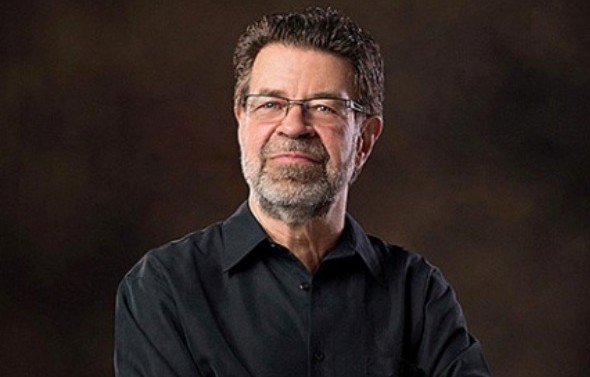6 Signs You Have a Difficult Voice Seeker
How we wish that all voice over projects are perfect from start to finish, but unfortunately voice over talents would at least experience once in the lifetime of their career a nightmare client.
Every voice over actor will deal with a difficult client at some point of their career and you should let that experience help you work out who the difficult voice seekers could be from the very start and eventually learn how to manage your relationships with these clients.
Here are six warnings signs that can help you determine if a potential client can turn into a problem client.
1) The Extreme Haggler
This type of voice seeker haggles from the very start and would continually imply how other talents or companies are prepared to do it cheaper. A good client would accept that you offer a great and professional value, and are prepared to pay for it.
2) The Promise of Future Work
This type of client would present you with an opportunity by saying if accept or do a great job on this project there will be plenty of work for you in the future. This may be their attempt to butter you up and hopefully get a discount on the first job with a promise of future work.
Any future work would be appreciated, however stress that you need to manage one job at a time and just treat each project for its merits.
3) The Disorganized
A client who appears all over the place right from the start is a red flag. You may be presented with an unfinished and/or disorganized script, or is unsure of the direction they would want to take their project. This is a sign of things to come, unless they can dramatically change how they manage the project, this type of voice seeker can drag the job out.
Point out immediately the issues you find, and seek clarity before accepting any project or you too will drag the project out.
4) Unrealistic Deadlines
This voice seeker expects you to drop everything for them and acts as if they are your only client who matters. A reasonable client would understand that you will have other projects on the go and that any new workload (even coming from a regular client) would need to be managed effectively.
Give them realistic availability. Don’t make any promises you can’t meet or they may end up being the type of client who expects you to be there on hand all the time.
5) The Complainer
What Peter says about Paul says a lot about Peter. Be wary of clients who complains about everything and everyone in the industry all the time, chances are you might end up in their complaint list regardless of the results of the project. They may have had a legitimate complaint in the past, but how they talk about it would give a good indication of their character.
Be prepared to back up your credibility and work by showing off nothing but professionalism. Don’t stoop to their character by chiming along, or losing your cool.
6) All Talk
This voice seeker is all talk but afraid to back their words up in paper. If a client is not prepared to sign anything from the start, or does not agree to the set terms and conditions, this can be a signal that things can backfire in the future.
Protect yourself and your client with a work agreement or contract that clarifies all the expectations of the job and usage of your work.
The Voice Realm helps alleviate issues when dealing with potential or ongoing clients. There are systems and processes in place that can prevent a project from becoming a risk, and also help protect the talent, and the client, such as the standard rate card, terms and conditions and terms of usage, published talent turn-around-time, and availability through the “in-studio” feature, and many more. The team also encourages voice over talents and clients alike to reach out for any questions or concerns, and help you turn around what could have been a nightmare inta a hassle-free project.
















